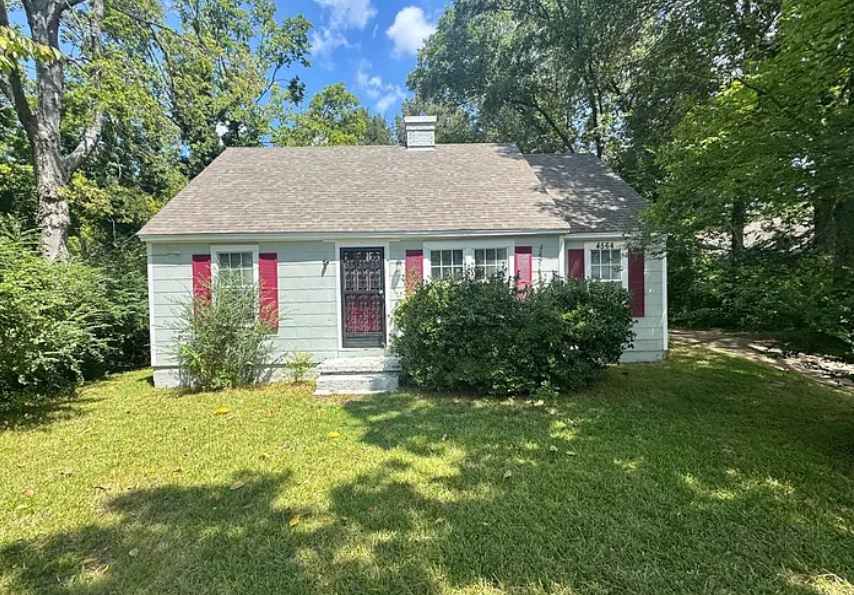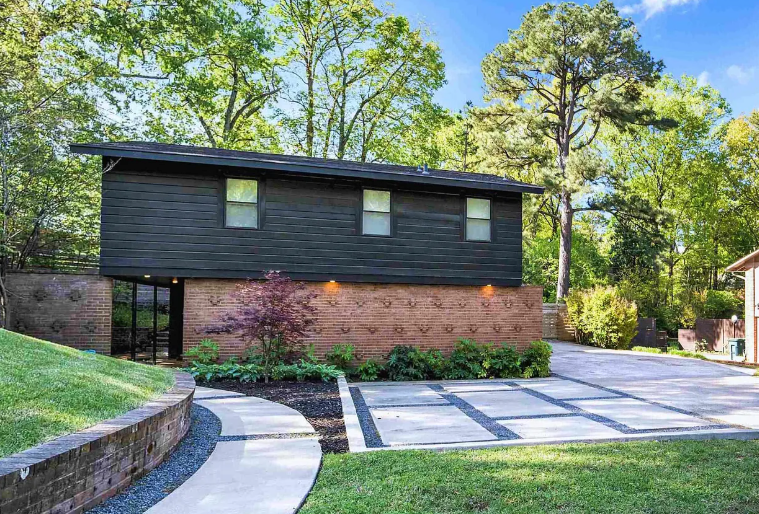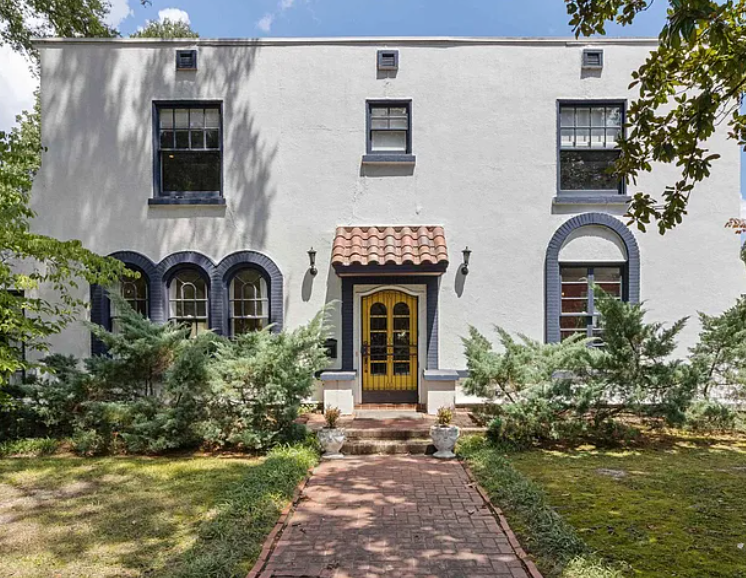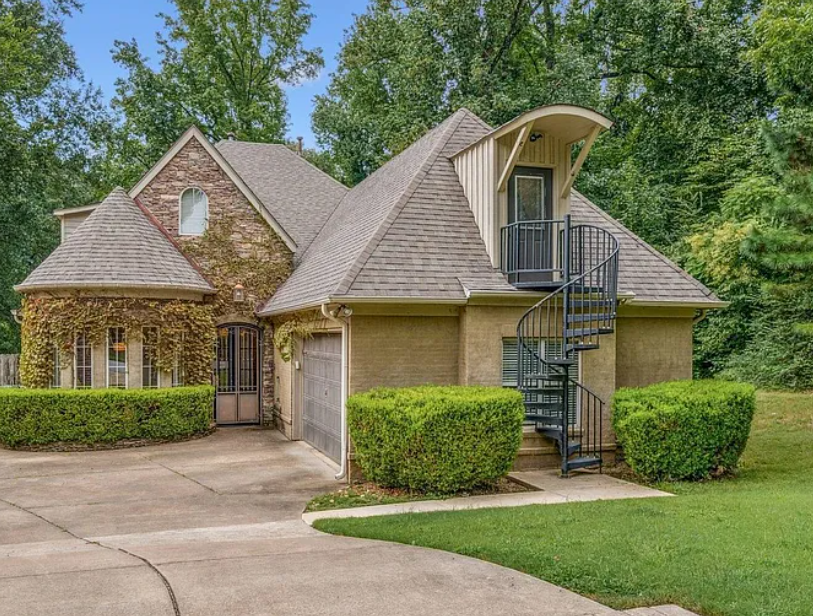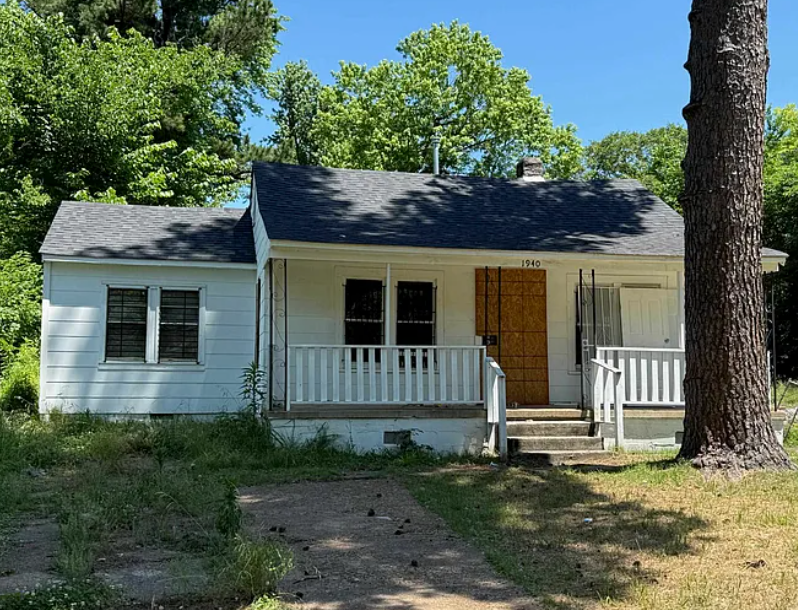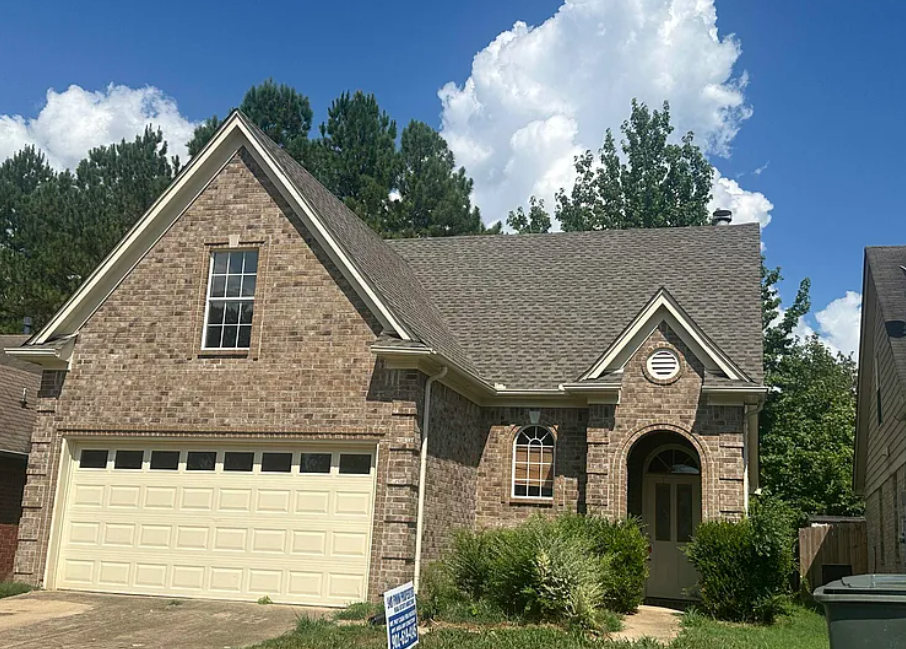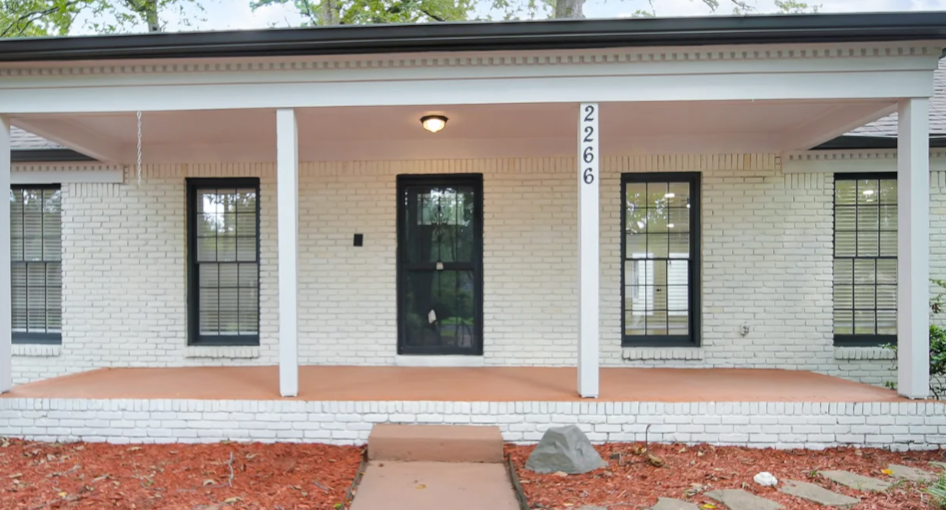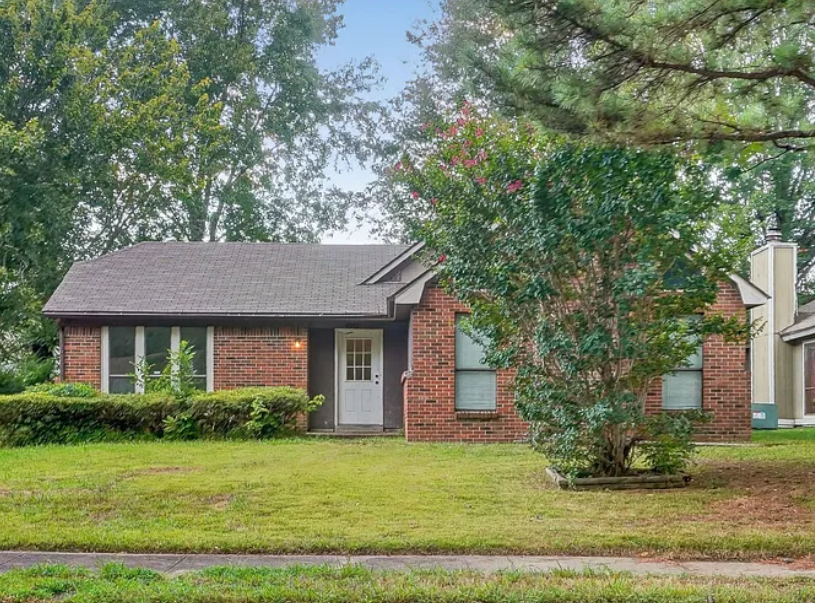Closing Costs for Sellers: What You Need to Know About Closing Costs in 2023
It's that time of year - the holidays are behind you, the New Year is upon us, and the home buying frenzy is in full swing! If you're like most people, buying isn't at the top of your list. But don't worry - this blog is for you! This blog will explain all about seller closing costs, what fees and expenses are included in them, and how to avoid them.

By the end of this blog post, you'll know everything you need to know about seller closing costs in 2023. So what are you waiting for? Get started!
What Are Seller Closing Costs and Who Pays Them
There's a lot to think about when it comes to closing on a home sale. That's why it's important to understand seller closing costs. These costs can include things like origination fees, legal fees, and mortgage insurance. You may also have to pay for title search and document preparation fees. Knowing what Closing Costs are included in your purchase price is essential, so you don't have to pay any extra money! Make sure to consult with a real estate agent or lender who can help you understand everything involved in closing on a home.
Seller Closing Costs: What They Are and How Much They Might Cost
Seller closing costs are a necessary part of the buying and selling process, no matter what property you're looking to purchase. They can vary wildly based on the property being sold and where it is located - so it's always important to have an estimate in place before going to market.
Closing costs should not be taken lightly as they can significantly impact the final price of the home. Make sure you thoroughly understand your seller's fees (which may include real estate taxes, title insurance, attorney fees, etc.), as well as any other associated costs that might come up during or after the sale.
Common Fees and Expenses Included in Seller Closing Costs
Closing costs are fees and expenses that are typically associated with seller closing costs. These costs can vary depending on the size of the transaction and the location. Some common fees and expenses include attorney fees, accountant fees, and lender origination fees. It’s important to understand the total costs of your closing so you can minimize their impact on your wallet. By understanding the fees and expenses included in closing costs, you can make an informed decision about whether or not to take them on. In addition to closing costs, be sure to know about title insurance and homeowner’s insurance. These policies can help protect your property in the event of a sale or lender’s lien.
Title Insurance
Title insurance can be a valuable safeguard in the event that something goes wrong with your home sale. It can protect you from any legal issues or property disputes that may arise, and help to cover costs related to closing (surveys, attorney fees, etc.). Make sure to ask your real estate agent about title insurance as part of the closing process so you are fully aware of what is involved and don't end up overpaying for something unnecessary.
Bank Fees and Expenses
When it comes to closing costs, the amount you are expected to pay will depend on the bank you choose. However, fees for closing can generally be categorized into two main categories - legal and administrative fees.
Some common expenses that may come with closing include title insurance, escrow fees and attorney’s fees. It is important to understand all of these charges so you don't end up spending more than expected! By doing this, not only will you save money on your closing cost estimate (which could be a few thousand dollars), but you'll also have peace of mind knowing that all the details have been taken care of.
Attorney's Fees
Closing costs can cost a lot of money, and it is always important to be aware of the various fees that might come along with buying or selling a home. Most commonly, closing costs include attorney's fees and related expenses such as title insurance and recording fees.
It is always helpful to get an estimate of all these costs in case something unexpected pops up (like taxes), so you aren't caught off guard and have to scramble for the funds. And last but not least - don't forget to get pre-approval from your lender before making any large purchases! This will save both time and money down the line.
How to Calculate Your Estimated Seller Closing Costs
Closing costs can be a real cost of sale for sellers. It's important to calculate them correctly in order to be on the safe side, and to avoid any surprises down the line. There are several factors that go into closing costs, so it's important to get a comprehensive estimate of costs. Once you have an estimate of your closing costs, it's important to list them prominently on your listing information for buyers to see. With careful planning, closing costs can be minimized and you can move on with your life - and new home purchase - with ease.
Get an idea of your total closing costs
Closing costs can be a real shock when they come due - so it is important to have an idea of what you will need to fork out in order to finalize the sale of your property. Use a closing cost calculator to get an estimate, and make sure you have enough money saved up to cover these costs in case they happen. It's also a good idea to keep tabs on local taxes and real estate agent fees, as their rates constantly change. Make sure everything goes smoothly on closing day by following all the proper steps!
Strategies for Reducing Your Seller Closing Costs
Closing costs can be a hefty price tag, and it's important to know about the different costs that could apply to your seller closing. By doing some research and negotiating discounts with the relevant parties, you can save yourself a lot of money. Make sure to have all of your documentation ready when you meet with the real estate agent – this will speed up the process. And, last but not least, keep in mind that closing costs vary depending on the state you're in - so be sure to research yours before starting the negotiation process!
Negotiate a reduced closing cost package from your lender
When selling a home, it's important to be armed with all the facts and figures about your closing costs. By negotiating a reduced price from your lender, you can save money on the total cost of selling property - this is especially true if you're dealing with an affordable property.
To get started on reducing costs, you'll need to speak with your lender in detail about their offers. You should also have all of the documentation related to escrowed funds ready so that there are no hiccups along the way. Remember not to panic - making some small tweaks now will save big down the line!
Request a Seller Contribution
When it comes to closing costs, the amount you have to pay can vary depending on your location and the property you are selling. For example, if you are buying a home in an expensive area, closing costs might be higher than average.
To reduce the cost of closing, try negotiating with the buyer or using a lender that specializes in seller financing. Make sure to keep all your paperwork up-to-date and make copies for each party involved so there is no confusion during closing. And lastly - stay informed about current trends related to seller financing so that you aren't caught off guard by any hidden fees down the line!
Important Considerations for Negotiating Closing Costs with the Buyer
Closing costs are something that both buyers and sellers need to be aware of in order to avoid any disputes down the line. This is because the amount of closing costs will vary depending on the property being sold and the location. In order to avoid any misunderstandings, it's important for buyers to familiarize themselves with the various closing costs that are typically involved in real estate transactions. There are a number of resources available online that can help buyers understand their closing costs, including estate agent calculators and mortgage lender guides. It's also important for sellers to be aware of their closing costs and to negotiate a fair price for them with the buyer. If there are any questions or concerns about closing costs, don't hesitate to reach out to a real estate agent or lender for more information.
Get an idea of what the buyer is willing to pay
Closing costs can be a huge cost for the buyer and seller in a real estate transaction. By getting an idea of what they are willing to pay, you can save time and money down the road. It is important to remember that closing costs can vary significantly from one situation to the next, so it is always best to ask your agent about this before making any major decisions.
Talking fees aside, getting an idea of what buyers are generally willing to offer helps property sellers reach their price point more easily - without feeling pressure or wasting time haggling over small details. After all, if both parties know roughly where they stand financially, there's often less need for dramatics or tough negotiations down payment-wise!
Determine which type of closing costs are applicable
Closing costs can vary quite a lot depending on the sale type. When closing a conventional sale, for example, you might need to pay taxes, title insurance and real estate agent fees. On the other hand, if you're closing a non-conventional property such as an investment property or condo*, then different costs may apply - like homeowner's association dues or transfer taxes.
It's also important to determine what is most important to the buyer at this stage of their buying journey - price? Location? House condition? Documenting all discussions and negotiations in a closing agreement will help lessen any potential misunderstandings down the line. * Non-conventional properties include those that are not subject to local government taxation (e.g., vacation home), condominiums (a type of estate purchase where homeowners share common areas) and trust deeds
Understand the buyer's motivation
Closing costs are an important part of a home sale and should be discussed seriously. Often buyers will try to get more money out of you by negotiating high closing costs, so it is important to understand your rights in this regard.
Sometimes buyers will try to speed up the process by trying to get rid of some closing costs - such as title insurance or attorney fees. Be firm with buyers and refuse to give in easily, understanding that these fees are necessary for the safety of both buyer and seller alike.
Frequently Asked Questions About Seller Closing Costs
Homeowner closing costs have been on the rise in recent years, and there is no sign of the trend stopping. In fact, seller closing costs are only going to continue to increase in the next few years. If you're selling your home, it's important that you are aware of the frequently asked questions about seller closing costs. This way, you can make the best decisions for your situation and minimize the cost of closing. Here are some of the most commonly asked questions about seller closing costs:
When are closing costs due?
When closing costs are due, they generally come in the form of taxes, insurance, title fees and lender fees. The cost of buying or selling a home can be hefty - so it's important to keep track of all the fees that need to be paid up-front. Closing costs typically fall due at the time of closing - which is usually when you sign off on the sale agreement and receive your property keys!
Are closing costs tax deductible?
Closing costs are anything that you incur as a result of buying or selling a home - this could include fees for real estate agents, title insurance, property taxes, and more.
Depending on the situation, some of these costs may be tax deductible. It is important to consult with your tax advisor in order to determine whether any of your closing costs qualify for this exemption.
Conclusion
Closing costs are an important part of the sale process, and you need to be aware of what is included in these costs. By understanding the fees and expenses that are commonly included, you can better plan for your closing costs. In addition, if you have any questions about seller closing costs, don't hesitate to leave them in the comments below. We would love to help you out!
Request Your Offer Now
